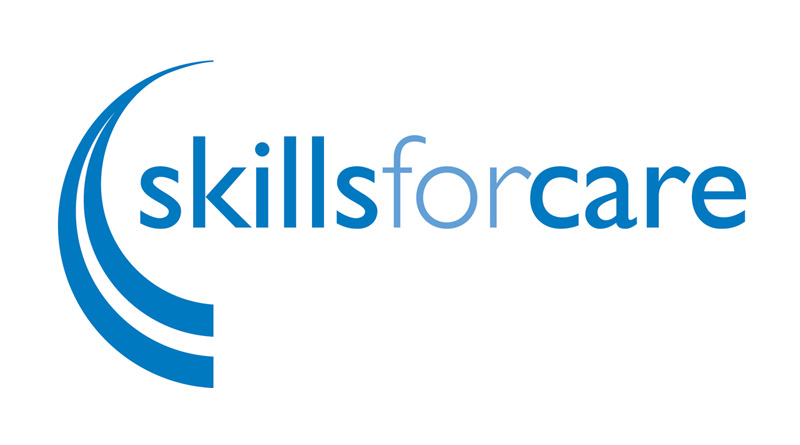Mithapukur-5460
Rangpur,Bangladesh
Skype: Shohel861
When working with Unaccompanied Asylum Seeking Young People (UASYP), a specialised support package is put in place based on the individual needs of the young person. This can be as simple as improving health and wellbeing, working on the young person’s stability and building up their supportive network by engaging the young person in GP services, dentists and educational providers, all of which might require an interpreter.
Our staff are experienced in supporting unaccompanied asylum seeking young people, tailoring support to address their specific needs. Examples include:
We use proactive and reactive strategies to guide our team members to avoid conflict with each person we support. We provide our staff with mandatory and specialist training in PROACT-SCIPr-UK to ensure that we focus on providing tailored support.
Often, by making small changes to the physical environment or the way support is offered, we can help people take more control of their lives.
PBS was developed in the 1980’s following concerns about unsympathetic care-giver techniques for those who have a learning disability.
The PBS model looks at bringing about a quality of life improvement (QoL).
QoL is defined as the degree to which individuals experience personal well-being in terms of participation in valued activities and settings, physical health, and overall satisfaction with their surroundings and relationships
We’re here to meet your needs and provide trained support workers with all mandatory and specialist training in PBS and PROACT-SCIPr. Our support workers ensure continuity of care for the people requiring support.

A values-led approach to understanding behaviour, meeting needs, and promoting quality of life

QoL is defined as the degree to which individuals experience personal well-being in terms of participation in valued activities and settings, physical health, and overall satisfaction with their surroundings and relationships

BSP sets out the support required to help someone achieve a good quality of life (QoL). What is needed to achieve a quality of life, and what that looks like for each of us, will be different because we all have different needs.








